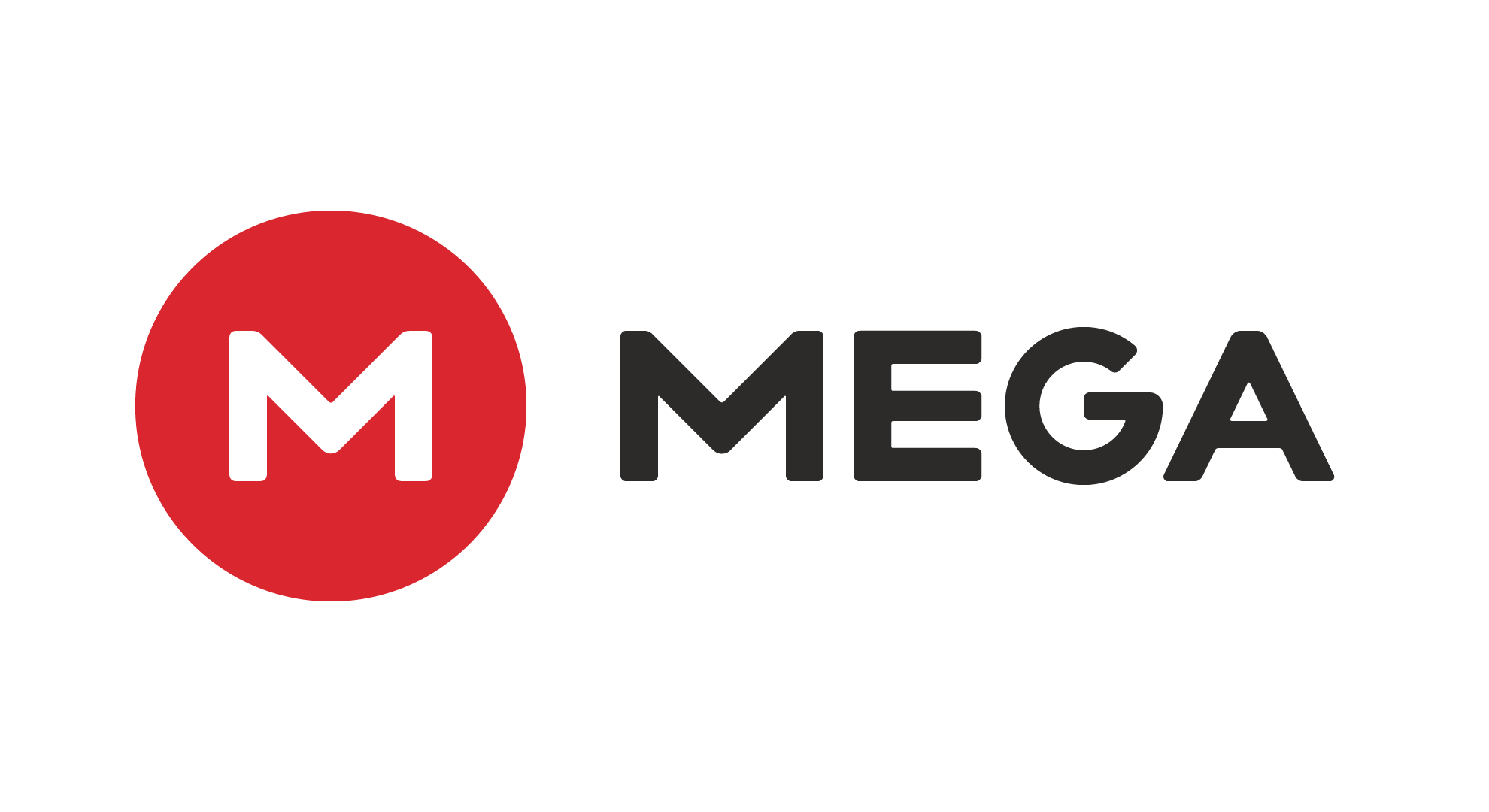[Most Recent Entries] [Calendar View]
Friday, October 18th, 2019
| Time | Event |
| 8:49a | Mega Overturns Brazilian ISP Copyright Block  The inevitable situation facing any site that hosts user-uploaded files is that some users will attempt to store copyright-infringing content. The bigger the site, the bigger the problem, as YouTube’s copyright department knows only too well. But while few rightsholders would attempt to take on YouTube by filing for an ISP blocking order, plenty of other sites are considered fair game, Mega for example. After a standing start in 2013, Mega is now a major player in the file-hosting market. Due to its early connections with Kim Dotcom, the site was under huge scrutiny from the very beginning and as such, has always insisted that it is fully compliant when it comes to copyright issues. Nevertheless, earlier this month it was discovered that users in Brazil could no longer access the service. ISPs in the country had begun blocking the site following a copyright complaint initiated by the Brazilian Association of Subscription Television (ABTA). Following a September decision, the São Paulo Court of Justice ordered four Internet service providers – Claro Brasil, Vivo-Telefonica, Oi and Algar Telecom – to prevent their subscribers from accessing several domains on copyright grounds, Mega.nz included. “With respect to the block in Brazil, we respectfully believe that the order is wrong and that the Court has been misled. MEGA has excellent compliance. We are working on a solution,” the company told its customers. The nature of that solution wasn’t specified at the time but Mega Executive Chairman Stephen Hall says that the company mounted a legal challenge to a process that had actually begun months earlier and didn’t initially include Mega. “The case started in January 2019 with various sites but not Mega,” Hall informs TorrentFreak. “The case has been held in secret, apparently because the ABTA submitted that various sites included could change settings in order to evade the block.” Hall says that Mega was added to the case in September 2019 based on the allegation that a single URL on the site led to infringing content. However, that URL had never been reported to the company as posing a problem. “We submitted to the Appeal Court details of our rigorous compliance activity such as fast response to copyright takedown requests, suspension of accounts with repeat allegations of copyright infringement etc, as reported in our Transparency Report,” Hall says. Mega’s Executive Chairman notes that Brazilian law only allows courts to suspend access to a service if it fails to respond to legal requests so Mega eventually came out on top. “The Appeal Court ordered the block of Mega.nz to be reversed. I believe the lower Court will now reconsider its inclusion of Mega. We are confident that access won’t be blocked again,” Hall concludes. Reports posted by Mega users to Twitter suggest that at least some previously-blocked users are now able to access the site once again but the company is urging that any still experiencing difficulties should contact their providers. “Contact your ISP if you still cannot access https://mega.nz,” the company says. According to SimilarWeb stats, there are more visitors to Mega from Brazil than any other country, together making up almost 10% of Mega’s traffic and making it the country’s 108th most popular site. A report by Mega in January revealed the massive scale of its global operations since its launch six years ago. “To date, more than 130 million registered MEGA users have uploaded over 53 billion files, utilizing the user-controlled end-to-end encryption we provide,” the company said. Source: TF, for the latest info on copyright, file-sharing, torrent sites and more. We also have VPN reviews, discounts, offers and coupons. |
| 4:44p | Cloudflare Refutes MPA and RIAA’s Piracy Concerns  Earlier this month several copyright holder groups sent their annual “Notorious Markets” complaints to the U.S. Trade Representative (USTR). The recommendations are meant to call out well-known piracy sites, apps, and services, but Cloudflare is frequently mentioned as well. The American CDN provider can’t be officially listed since it’s not a foreign company. However, rightsholders have seizes the opportunity to point out that the CDN service helps pirate sites with their infringing activities. The MPA and RIAA, for example, wrote that Cloudflare frustrates enforcement efforts by helping pirate sites to “hide” their hosting locations. In addition, the Hollywood-affiliated Digital Citizens Alliance (DCA) pointed out that the company helps pirate sites to deliver malware. This week Cloudflare responded to these allegations. In a rebuttal, sent to the USTR’s Director for Innovation and Intellectual Property, General Counsel Doug Kramer writes that these reports are not an accurate representation of how the company operates. “My colleagues and I were frustrated to find continued misrepresentations of our business and efforts to malign our services,” Kramer writes. “We again feel called on to clarify that Cloudflare does not host the referenced websites, cannot block websites, and is not in the business of hiding companies that host illegal content–all facts well known to the industry groups based on our ongoing work with them.” Kramer points out that the copyright holder groups “rehash” previous complaints, which Cloudflare previously rebutted. In fact, some parts of the CDN provider’s own reply are rehashed too, but there are several new highlights as well. For example, the USTR’s latest review specifically focuses on malware issues. According to Cloudflare, its services are specifically aimed at mitigating such threats. “Our system uses the collective intelligence from all the properties on our network to support and immediately update our web application firewall, which can block malware at the edge and prevent it from reaching a site’s origin server. This protects the many content creators who use our services for their websites as well as the users of their websites, from malware,” Kramer writes. The DCA’s submission, which included a 2016 report from the group, is out of date and inaccurate, Cloudflare says. Several of the mentioned domains are no longer Cloudflare customers, for example. In addition, the DCA never sent any malware complaints to the CDN service. Cloudflare did previously reach out to the DCA following its malware report, but this effort proved fruitless, the company writes. “Despite our repeated attempts to get additional information by either Malware aside, the allegations that Cloudflare helps pirate sites to ‘hide’ their hosting locations are not entirely true either. Kramer points out that the company has a “Trusted Reporter” program which complainants, including the RIAA, use frequently. This program helps rightsholders to easily obtain the actual hosting locations of Cloudflare customers that engage in widespread copyright infringement. Although Cloudflare admits that it can’t stop all bad actors online, it will continue to work with the RIAA, MPA, and others to provide them with all the information they need for their enforcement efforts. None of this is new though. Year after year the same complaints come in and Cloudflare suggests that copyright holders are actually looking for something else. They would like the company to terminate accounts of suspected pirate sites. However, the CDN provider has no intention to do so. “Their submissions to the Notorious Markets process seem intended to pressure Cloudflare to take over efforts to identify and close down infringing websites for them, but that is something that we are not obligated to do,” Kramer says. While it would be technically possible, it would require the company to allocate considerable resources to the task. These resources are currently needed to pursue its primary goal, which is to keep the Internet secure and protect users from malware and other risks. It’s clear that Cloudflare doesn’t want to take any action against customers without a court order. While it has occasionally deviated from this stance by kicking out Daily Stormer and 8Chan, pirate sites are on a different level. — A copy of the letter Cloudflare’s General Counsel Doug Kramer sent to the USTR’s Director for Innovation and Intellectual Property, Jacob Ewerdt, is available here (pdf). Source: TF, for the latest info on copyright, file-sharing, torrent sites and more. We also have VPN reviews, discounts, offers and coupons. |
| << Previous Day |
2019/10/18 [Calendar] |
Next Day >> |